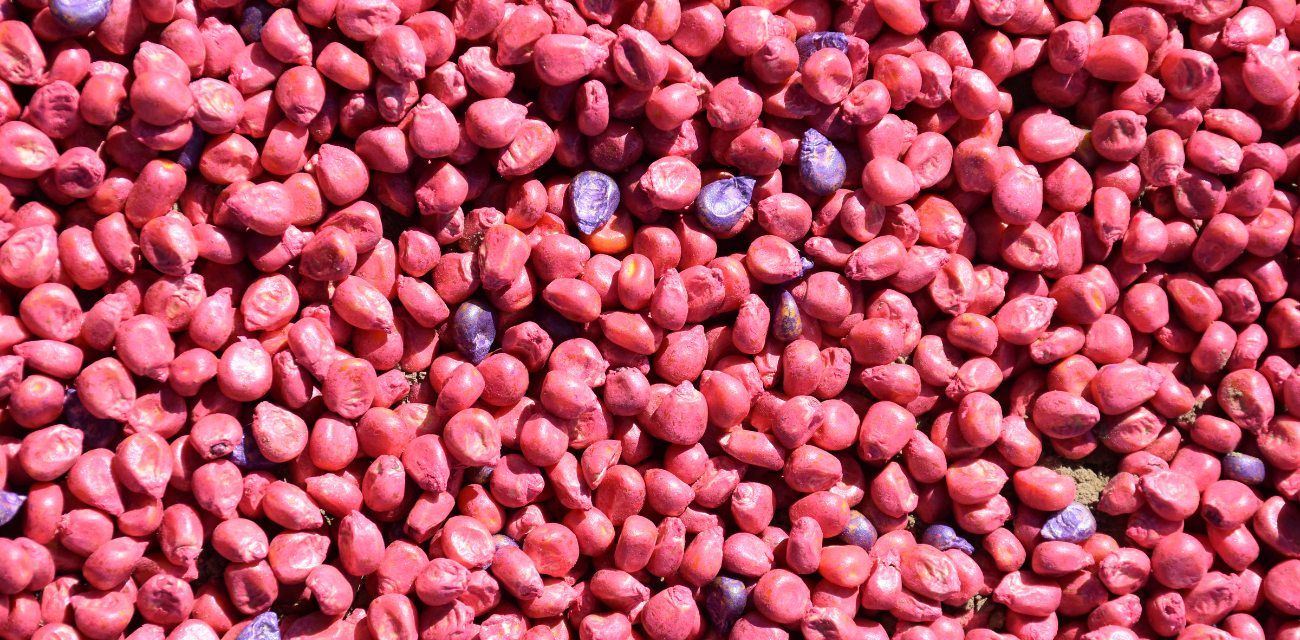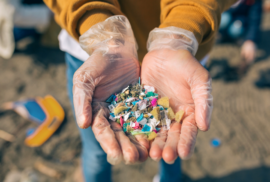Neonic pesticides are contaminating Michigan

Connect With the Experts

Emily Smith
New report highlights likely widespread ecological degradation driven by neonic water pollution
This article was originally produced by NRDC (Natural Resources Defense Council) and republished with permission. NRDC is an international nonprofit environmental organization with more than 3 million members and online activists. Established in 1970, NRDC uses science, policy, law and people power to confront the climate crisis, protect public health and safeguard nature. NRDC has offices in New York City, Washington, D.C., Los Angeles, San Francisco, Chicago, Beijing and Delhi (an office of NRDC India Pvt. Ltd).
A new report released today finds that extensive contamination of Michigan water with toxic neonicotinoid (neonic) pesticides is “likely causing significant and widespread damage” to the state’s aquatic ecosystems.
The report, “Neonicotinoid Pesticides in Michigan: Surface Water Contamination and Threats to Aquatic Ecosystems,” draws from federal and state testing data to show that neonics now frequently appear in Michigan surface water well above national and international standards for harm to aquatic life—including year-round neonic pollution in tributaries to the Great Lakes.
The report, authored by Dr. Pierre Mineau, funded by NRDC (Natural Resources Defense Council), highlights how this now-common contamination has been driven primarily by widespread and wasteful prophylactic application of neonic coatings on crop seeds—known as seed treatments—in the last two decades.
“Neonics are like the insecticide DDT was decades ago: extremely toxic, used widely, and contaminating soil, water, pollinators—even people,” said Emily Smith, land and water conservation policy manager for the Michigan Environmental Council. “Quite frankly, I don’t want my health at risk from this modern-day DDT anymore. Fortunately, it doesn’t have to be this way. Michigan farmers and others can come together to support products and methods in the market that keep crops strong but without the heavy costs.”
Increasingly recognized as perhaps the most ecologically destructive pesticides since DDT, neonics have become damaging and ubiquitous contaminants nationwide, thanks to their potency, persistence, and popularity. Neonic pesticide coatings on corn and soybean seeds may now represent the largest deployment of insecticides in U.S. history, with more than 95 percent of the coatings leaching into soil, where they remain for years and move easily with rainwater, spreading out to contaminate new soil, water, and plants. Research increasingly shows these coatings provide little if any economic benefits to farmers, and that rampant neonic pollution devastates bees, butterflies, birds, and fish, also threatening our own health.
“Fresh water and the Great Lakes define Michigan, and we treasure them not only for recreation but also for our drinking water and economy,” said Tim Minotas, deputy legislative & political director for the Michigan Sierra Club. “But as this report shows, the state’s rivers and lakes are consistently contaminated by rampant neonic pesticide pollution—damaging our ecosystems, polluting our source water, and endangering our enjoyment of our greatest natural asset.”
The science is clear that neonic water contamination drives ecological degradation across the country, and the report underscores that Michigan is no exception.
“We know that neurotoxic neonic pesticides pollute water supplies across the country, and this report confirms that Michigan water is no different,” said Dan Raichel, director of the Pollinators & Pesticides Initiative at NRDC. “Even with limited testing, the levels that we’re seeing already show that wasteful neonic use is likely devastating to the state’s aquatic ecosystems, and as the report indicates, the reality is almost certainly much worse than what we can see.”
Discover
Power environmental change today.
Your gift to the Michigan Environmental Council is a powerful investment in the air we breathe, our water and the places we love.
Sign up for environmental news & stories.
"*" indicates required fields




